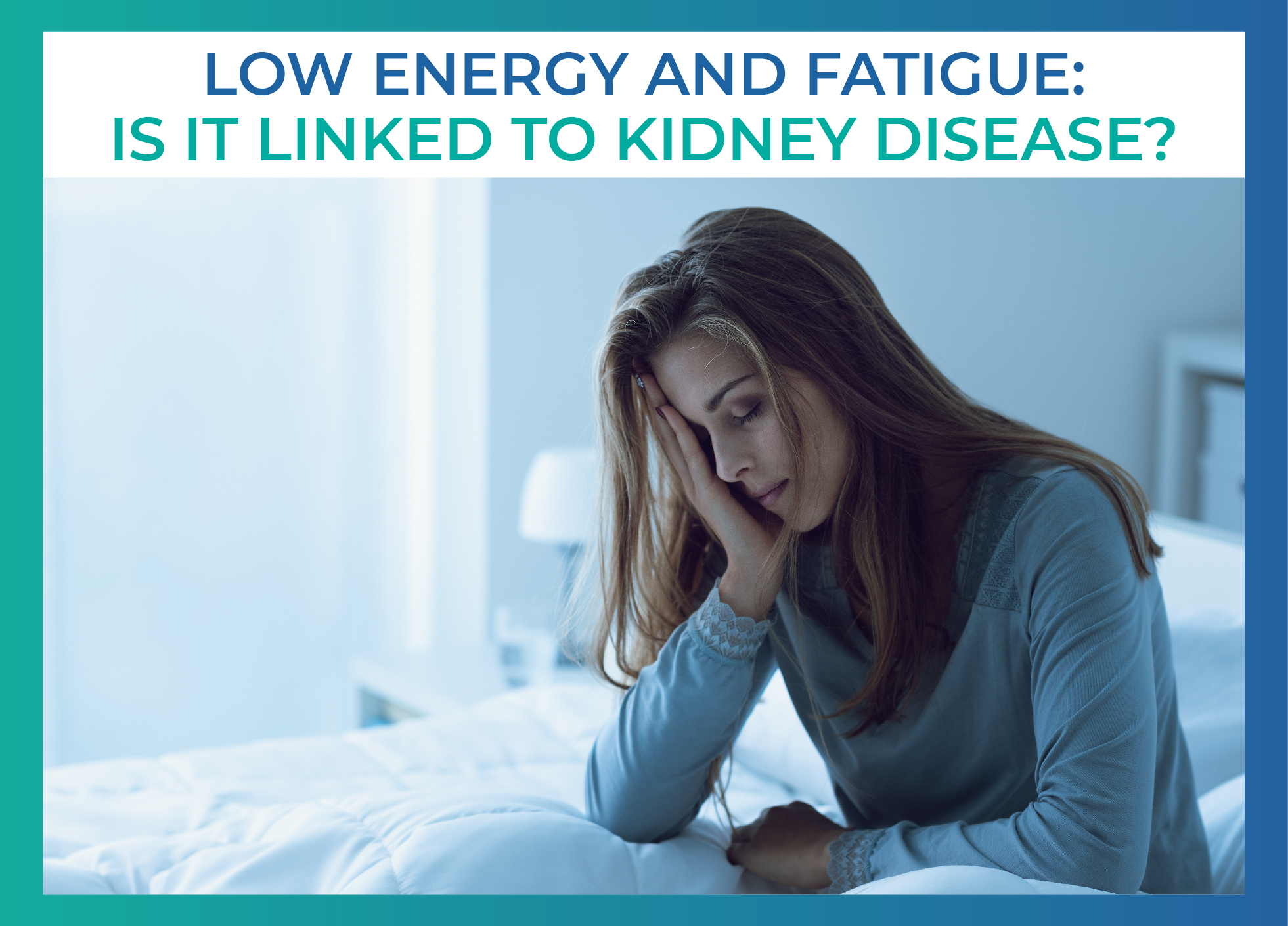
Low Energy and Fatigue: Is It Linked to Kidney Disease?
Feeling tired all the time? Struggling to get through the day without that third cup of coffee? Many people experience low energy and fatigue and often blame it on a busy lifestyle, poor sleep, or stress. But there’s one underlying cause that is often overlooked—kidney disease.
While your kidneys may not be the first thing you think of when you’re feeling drained, they play a crucial role in keeping your body energized and functioning properly.
Understanding the Function of Kidneys:
Your kidneys are two small, bean-shaped organs located near your lower back. They work around the clock to:
When the kidneys are not working properly, toxins and waste begin to accumulate in the body. This build-up affects how you feel both physically and mentally—often leading to chronic fatigue.
According to Dr Vijay Patel, a leading kidney specialist in Nana Chowk,
“Many patients report feeling constantly tired, not realizing that their kidneys may be the root cause. Kidney function can silently decline without obvious symptoms in the beginning.”
The Link between Fatigue and Kidney Disease:
Fatigue related to kidney disease doesn’t go away with rest or a good night's sleep. It’s a deep, lingering tiredness that affects daily life. Here’s how poor kidney function contributes to low energy:
- Build-up of Waste
Products:
One of the kidneys' primary roles is to filter waste and toxins. When kidney
function
declines, these waste products remain in the bloodstream. This leads to:
- Mental fog
- Muscle weakness
- Overall sluggishness
The more the waste builds up, the more tired and sick you feel.
- Build-up of Waste
Products:
Healthy kidneys produce a hormone called erythropoietin (EPO), which signals the
body to
make red blood cells. With kidney disease, EPO production drops, leading to anemia—a
condition where the body doesn’t have enough oxygen-carrying red blood cells.
Anemia makes your heart work harder and reduces the oxygen delivered to your tissues
and
organs. This causes:
- Shortness of breath
- Pale skin
- Persistent tiredness
- Electrolyte
Imbalance:
Kidneys help regulate essential minerals like sodium, potassium, and calcium. If
these levels are
off, it can lead to:
- Muscle cramps
- Irregular heartbeat
- Extreme fatigue
- Poor Sleep
Quality:
People with kidney disease often experience sleep issues such as:
- Restless leg syndrome
- Sleep apnea
- Frequent night-time urination
- Mental fog
- Muscle weakness
- Overall sluggishness
The more the waste builds up, the more tired and sick you feel.
- Shortness of breath
- Pale skin
- Persistent tiredness
- Muscle cramps
- Irregular heartbeat
- Extreme fatigue
- Restless leg syndrome
- Sleep apnea
- Frequent night-time urination
Poor sleep exacerbates fatigue, creating a frustrating cycle of sleeplessness and exhaustion.
Common Symptoms of Kidney Disease:
Low energy isn’t the only sign that your kidneys may be struggling. Other common symptoms include:
If you experience any combination of these symptoms along with fatigue, it’s important to consult a nephrologist in Mumbai for further evaluation.
Why You Shouldn’t Ignore Fatigue?
Fatigue might seem harmless, but when it’s caused by kidney disease, it could indicate that your kidneys are losing function. Early-stage kidney disease is often silent, but fatigue can be one of the first signs.
Dr Vijay Patel, recognized as the best nephrologist in Girgaon, emphasizes the importance of listening to your body:
“If you feel unusually tired despite getting enough rest, it's not something to brush off. Fatigue may be your body's way of signaling that something is wrong with your kidneys.”
Who is at Higher Risk of Kidney Disease?
Some individuals are more likely to develop kidney problems, especially if they have:
People over 60 should also be particularly vigilant. If you fall into any of these categories and are experiencing unexplained fatigue, it’s wise to consult a kidney specialist in Nana Chowk or a nephrologist in Mumbai.
Tests to Diagnose Kidney Problems:
Kidney issues can often be detected early with basic medical tests. If you're concerned about fatigue and other symptoms, a nephrologist might recommend:
- Blood
Tests:
To check levels of creatinine and calculate your Glomerular Filtration Rate
(GFR), which measures kidney function.
-
Urine Tests: To detect protein, blood, or infection in the
urine.
-
Ultrasound or Imaging: To examine the kidney’s size and
structure.
-
Blood Pressure Monitoring: High blood pressure is both a cause and
effect of kidney disease.
Regular checkups with an experienced doctor like Dr Vijay Patel, who is also regarded as the best kidney surgeon in Mumbai Central, can help detect issues before they become serious.
Treatment and Management:
If kidney disease is confirmed, don’t panic. While kidney damage can’t always be reversed, it can often be managed effectively to prevent further decline. Treatments may include:
- Managing the
Underlying Cause:
If diabetes or hypertension is the root problem, controlling it will help slow
kidney damage
and reduce symptoms like fatigue.
-
Anemia Treatment: Doctors may prescribe iron supplements or
medications like erythropoietin to help the body
make more red blood cells and fight fatigue.
-
Dietary Changes: A kidney-friendly diet is low in salt, potassium,
and phosphorus. It also includes:
- Proper fluid intake
- High-quality protein sources
- Foods rich in iron and vitamins
-
Medication: Depending on your condition, you may need:
- Blood pressure medications
- Diuretics (to reduce swelling)
- Phosphate binders
- Supplements for vitamin D and calcium
-
Dialysis or Surgery: In later stages, treatments like dialysis or
even kidney surgery may be necessary. Dr Vijay
Patel, also known as the best kidney surgeon in Mumbai Central, offers advanced
options
and support for patients requiring surgical interventions.
- Proper fluid intake
- High-quality protein sources
- Foods rich in iron and vitamins
- Blood pressure medications
- Diuretics (to reduce swelling)
- Phosphate binders
- Supplements for vitamin D and calcium